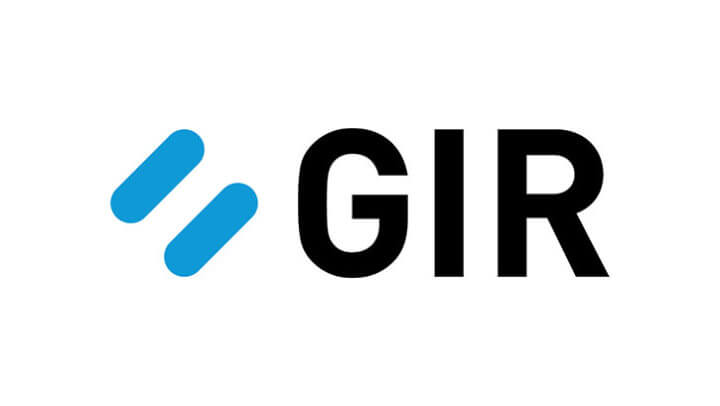BCL associate Greta Barkle and legal assistant Guevara Leacock‘s article, analysing the long-awaited Online safety Bill, has been published by InfoSecuriy.
Here’s an extract from the article:
“Sensitive to public pressure, the government has built on early iterations of its proposals to include new measures addressing concerns raised during the consultation process over freedom of expression, democratic debate and online scams.
The initial release of the Online Harms White Paper in 2019 triggered a furore over the potential threat to freedom of speech, with campaigners fearing the proposals would have a chilling effect on public discourse as service providers self-censored rather than face swingeing regulatory penalties for breaches in relation to ill-defined harms. In response to such concerns, service providers will now be expected to have regard for the importance of protecting users’ rights to freedom of expression and for protecting users from unwarranted infringements of privacy when deciding on and implementing their safety policies and procedures.
Concern has been building for some time about the influence which the largest social media companies potentially wield over political debate and the electoral process. This was seen most starkly in the US during the recent Presidential election where some platforms may have felt like a political football in their own right. While there are only distant echoes of that here, the role which social media plays in UK democratic events has attracted attention and, in a nod to this, the government has proposed a new duty on category 1 providers to protect “content of democratic importance.” In what might euphemistically be described as opaque, the Bill defines such content as “content that is, or appears to be, specifically intended to contribute to democratic political debate in the United Kingdom…” Service providers affected may well be left scratching their heads about quite how they will be supposed to interpret and satisfy this obligation, and it is to hoped that the eventual Codes of Practice will provide some much needed clarity. Absent such guidance, the risk is that they will be condemned from all sides.
Erecting a further bulwark to protect the democratic process, the Bill’s new measures to protect journalists are sufficiently wide to cover online contributions by individuals to blogs and the like. Indeed, the press release issued by the government as the Bill was published trumpets that content produced by ‘citizen journalists’ will enjoy the same protection as their professional counterparts. Service providers must additionally offer a dedicated and expedited complaints procedure available to those who feel that journalistic content has been unfairly removed; where such complaints are upheld, the material must be swiftly reinstated.
Following a vocal campaign from consumer groups, industry bodies and Parliamentarians, the government appears to have capitulated to pressure to include measures bringing online scams within the scope of the Bill. E-commerce fraud is estimated to be up 179% over the last decade, with romance scams alone resulting in UK losses of £60 million in 2019/20; all service providers will be required to take measures against these illegal online scourges. Commentators have noted, though, that frauds committed via online advertising, cloned website and emails, however, will remain outside the Bill’s ambit, leaving many investors still vulnerable to the lure of sham investment frauds.
A Regulator with Teeth?
This ground-breaking regulatory regime will be enforced by a ‘beefed-up’ Office of Communications (“Ofcom”), which will wield an arsenal of new enforcement powers including fines and, in the last resort, business disruption measures. Penalties of up to £18m or 10% of annual global turnover (whichever is the greater) will be at the regulator’s disposal. Those calling for the senior management liability will, however, be disappointed; the Bill will not impose criminal liability on named senior managers of in-scope services, though the Secretary of State has reserved the power to introduce penalties on senior officers for failing to co-operate with Ofcom in the future. The government openly admits that the desire to attract inward investment to the UK by tech companies lies at the heart of its hesitation in this regard.
Given the severity of the threat, the legislation will also give Ofcom the power to require businesses to use technology that is highly accurate to identify and remove tightly defined categories of illegal material relating to child sexual exploitation and abuse on public and, where proportionate, private channels. This may raise concerns that the dominance of large service providers is being reinforced, with smaller service providers without deep pockets unable to afford the costs of such measures.”
This article was originally published by InfoSecurity on 18/05/2021. You can read the full version on their website.




